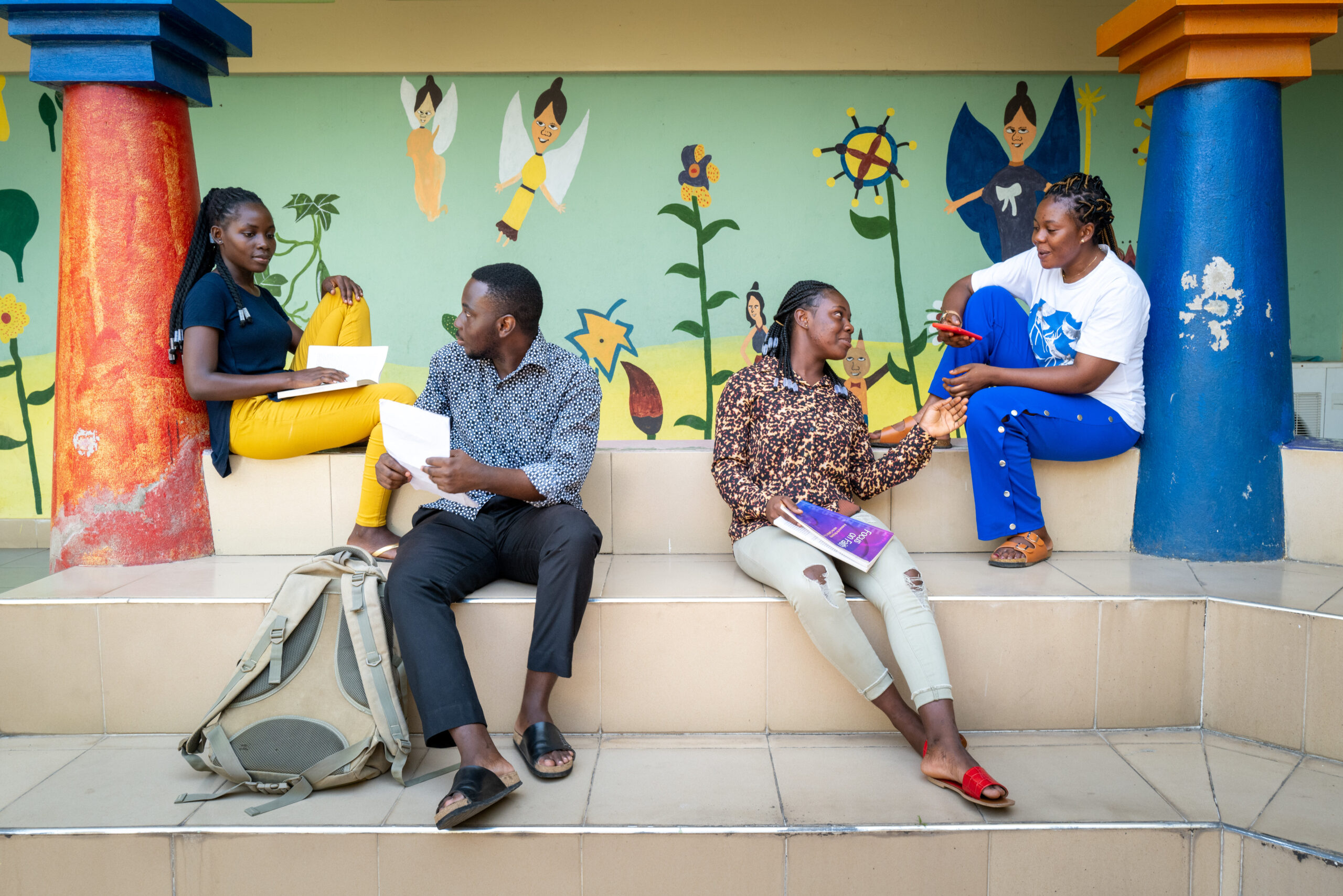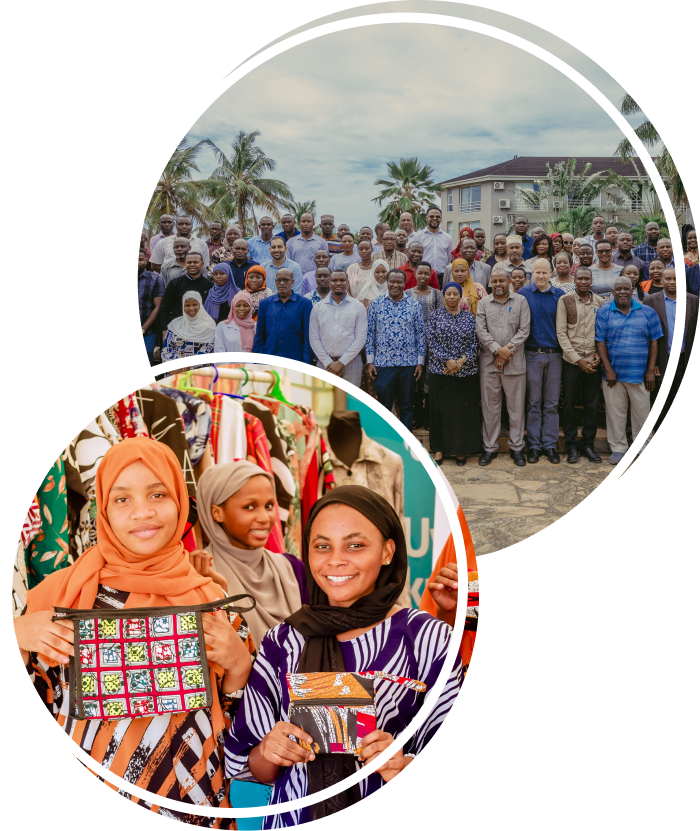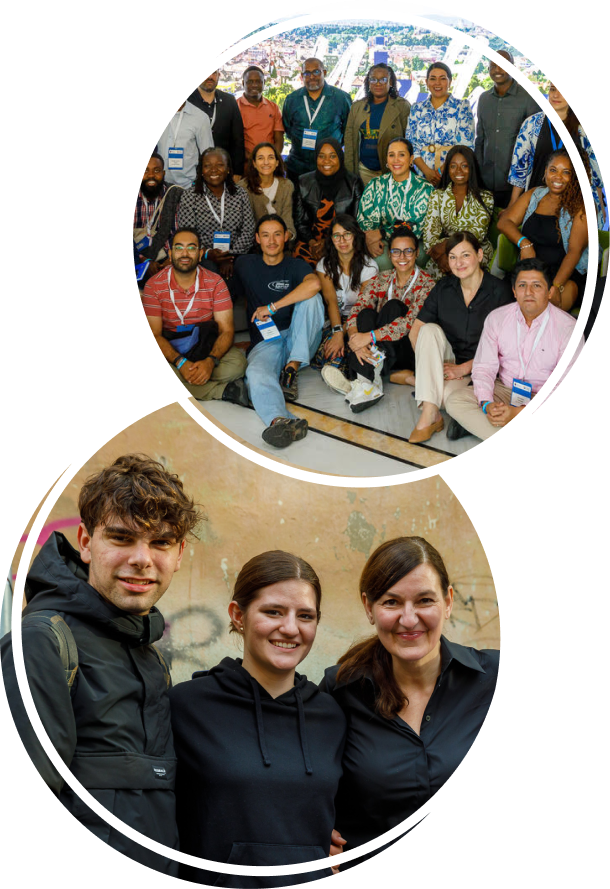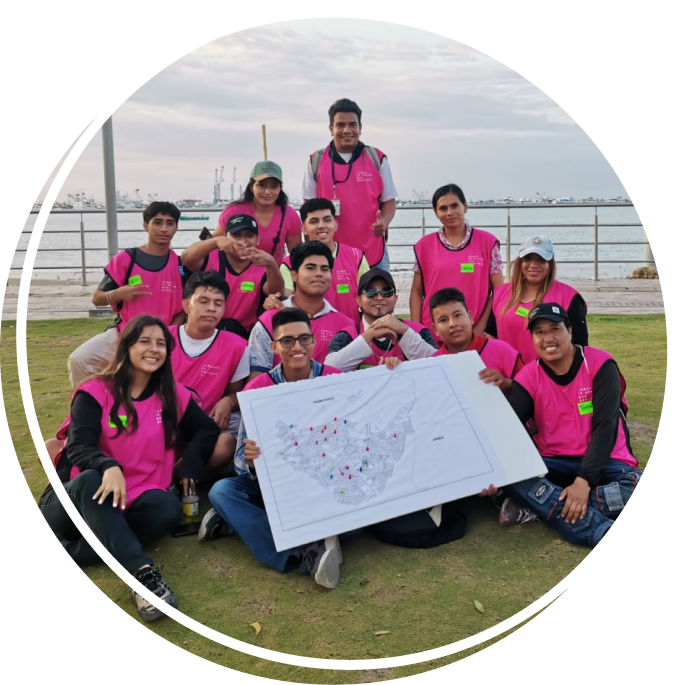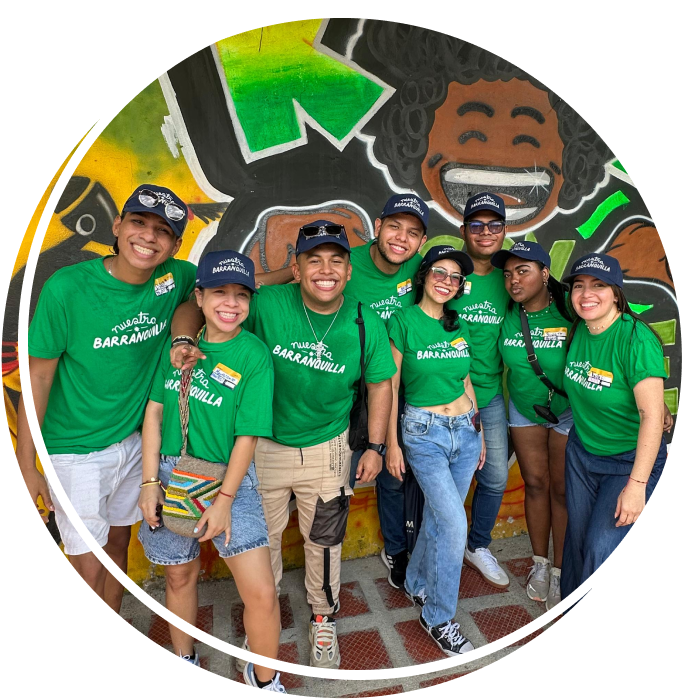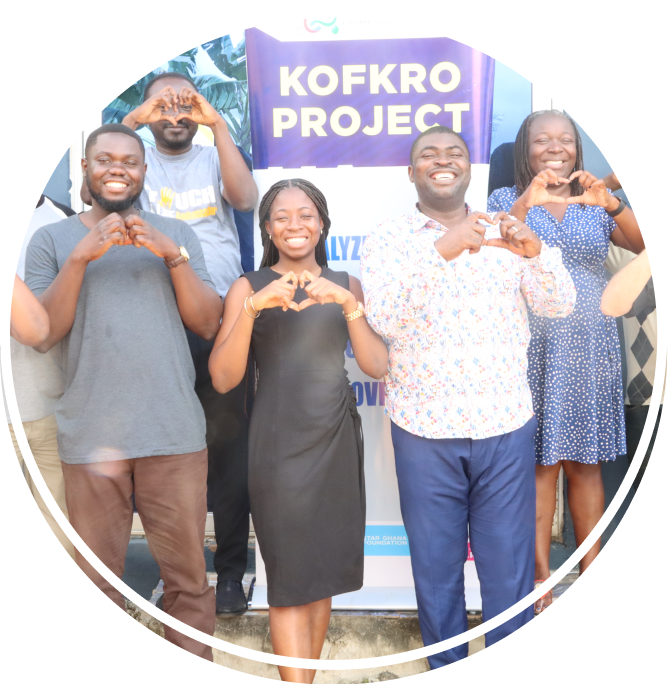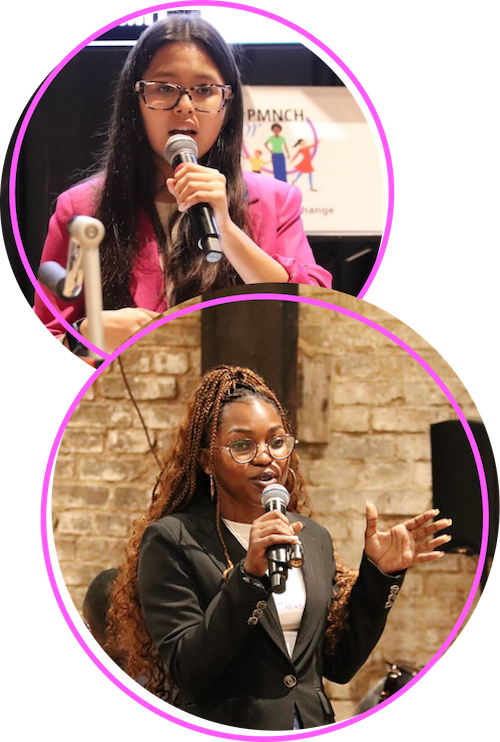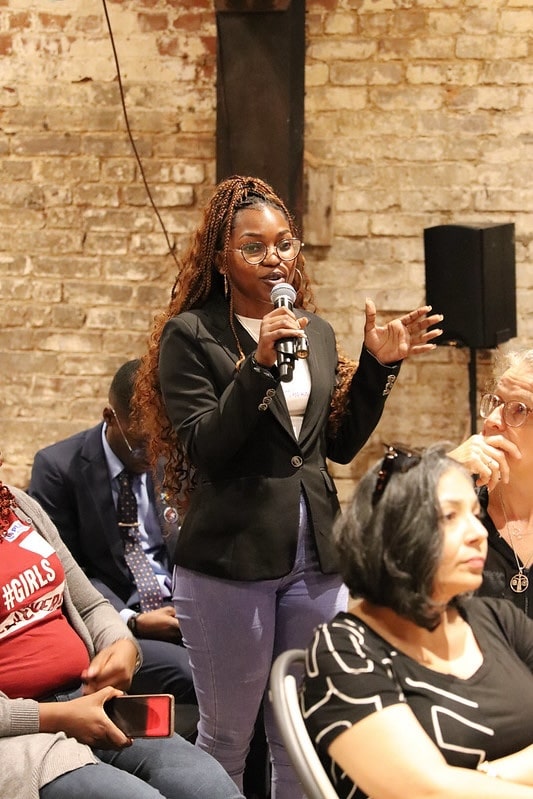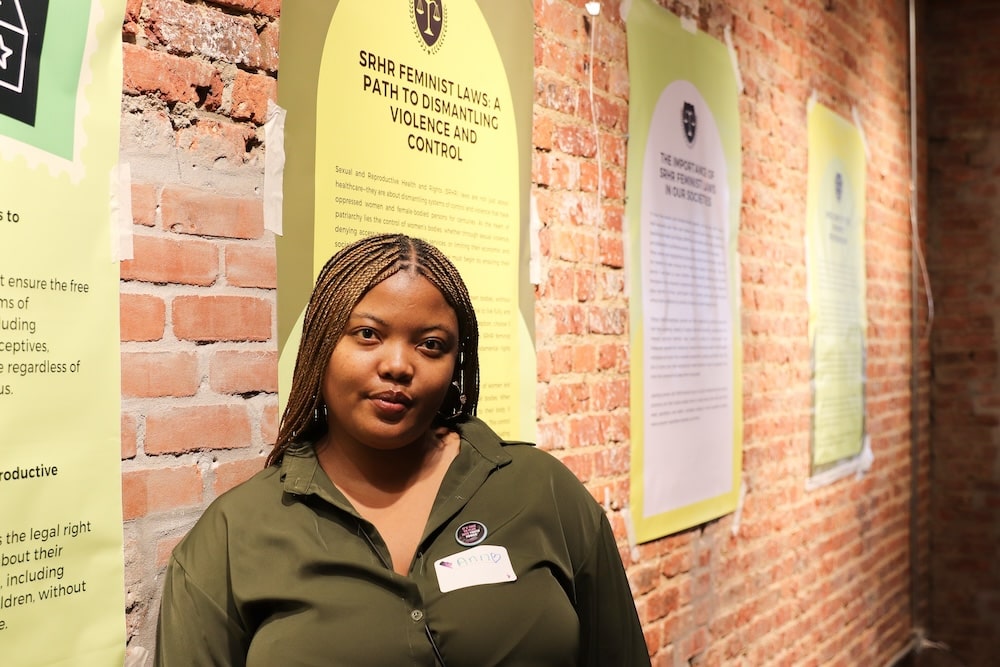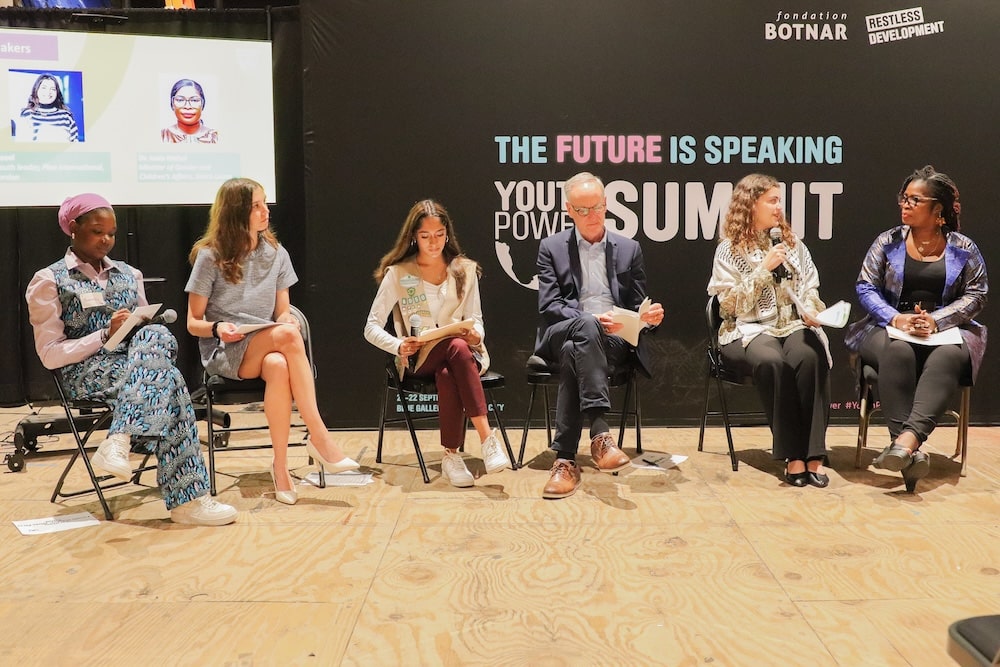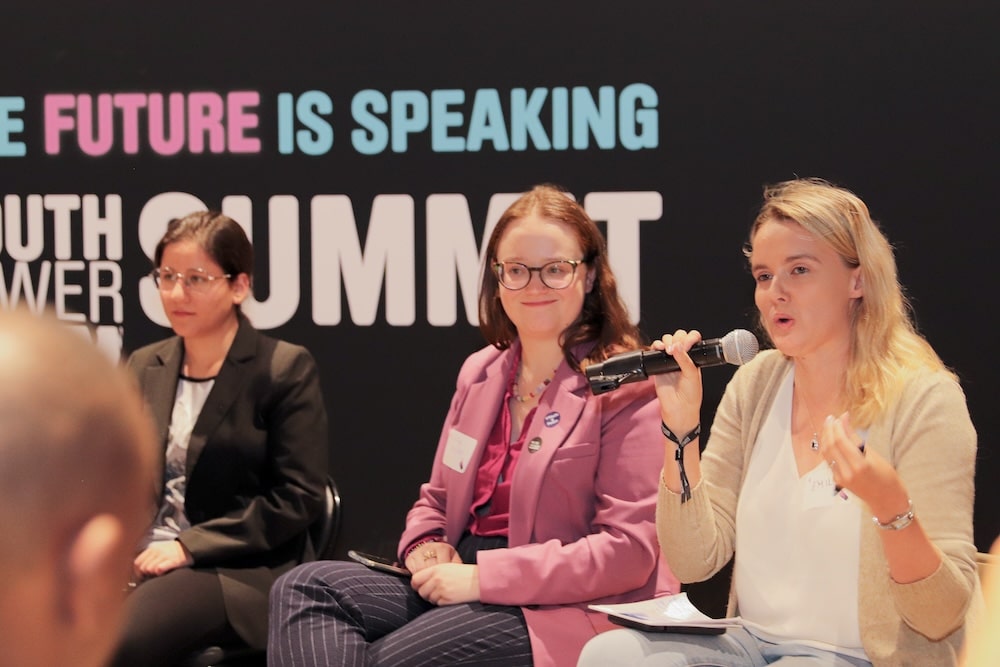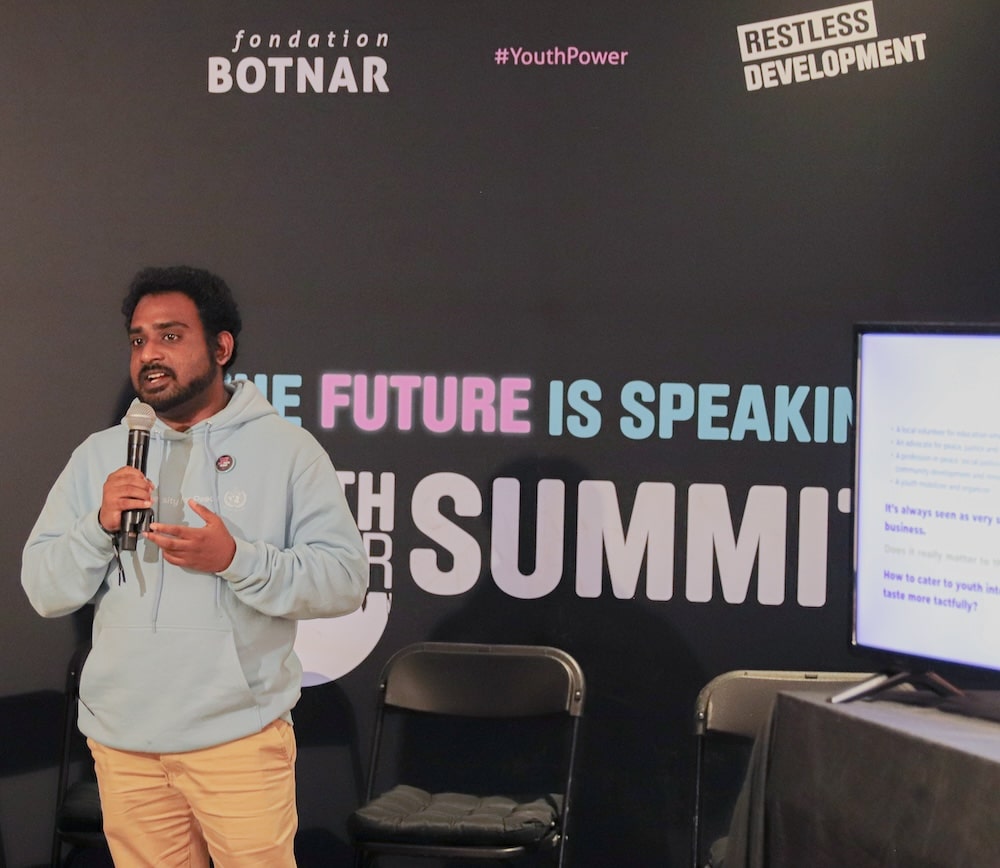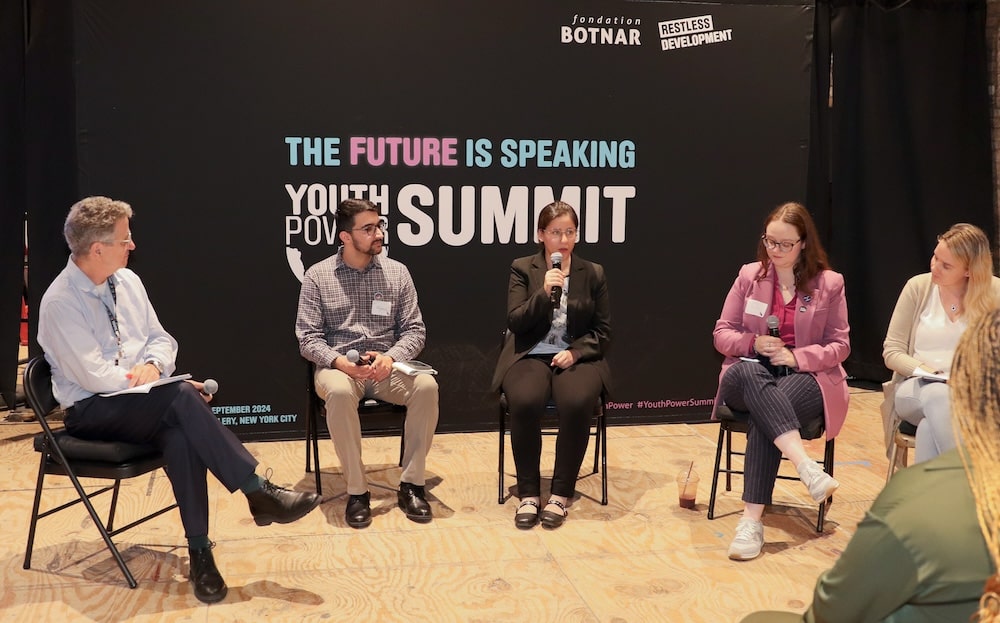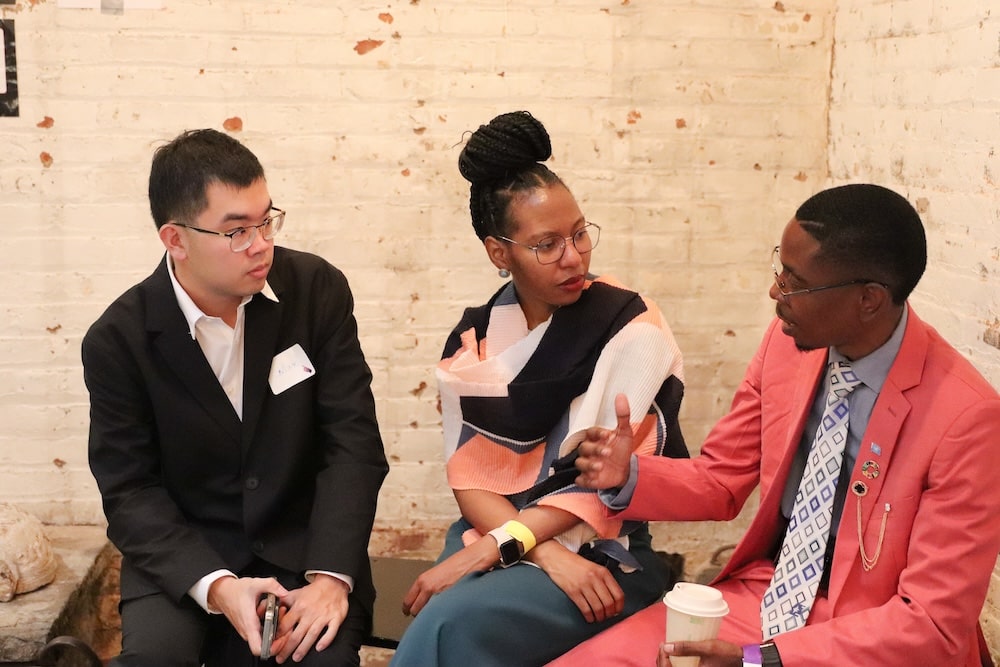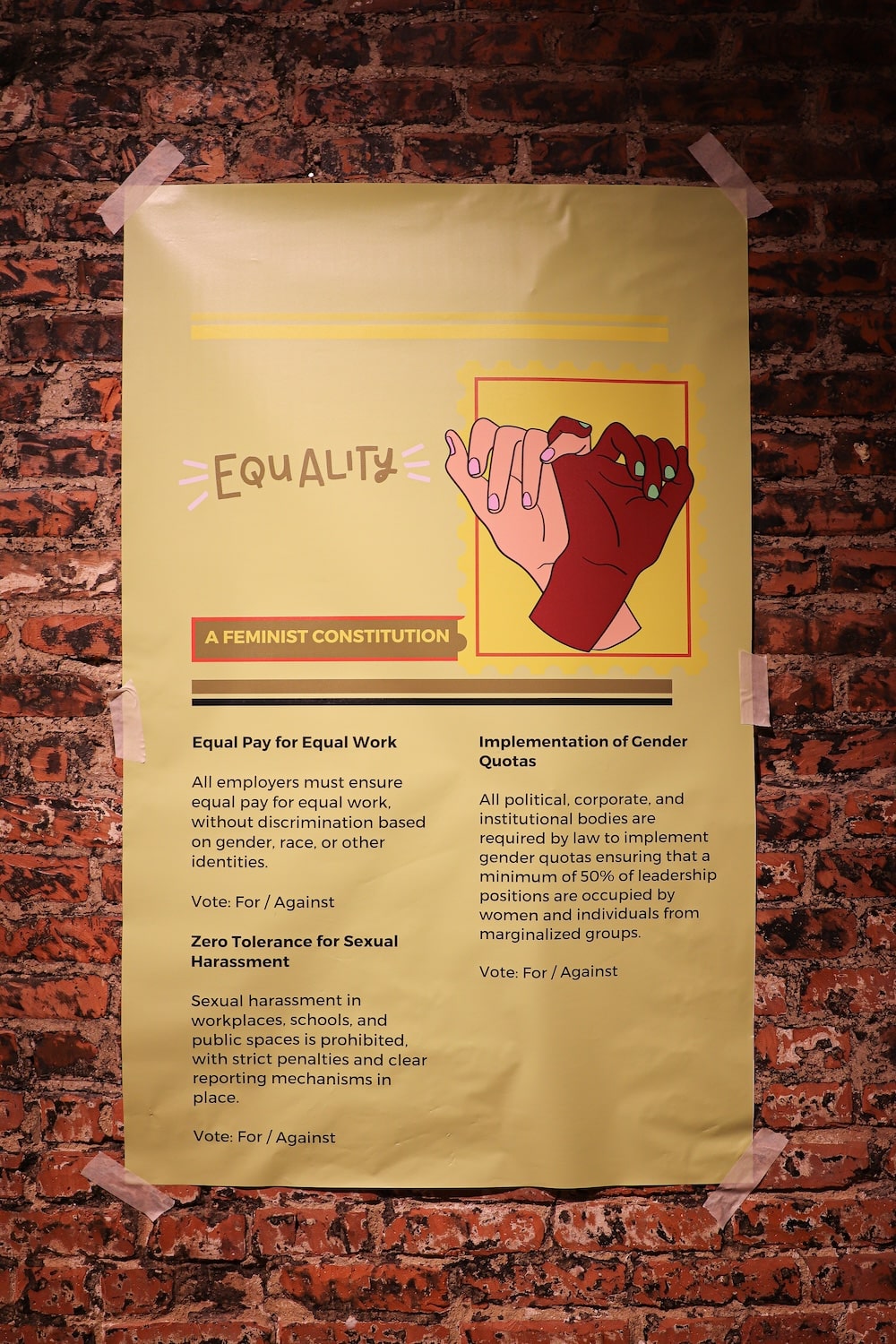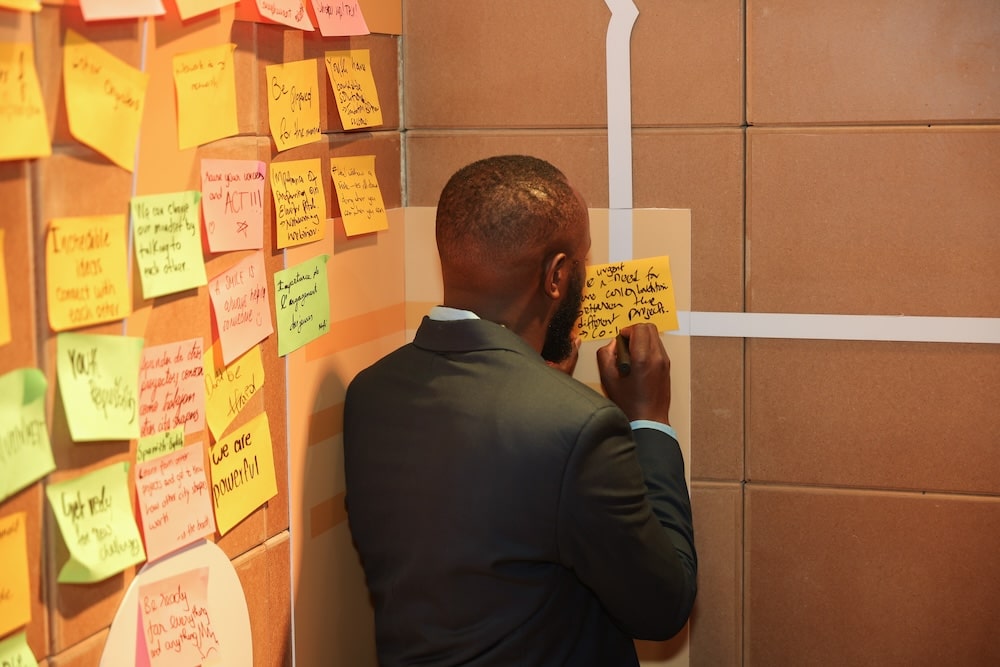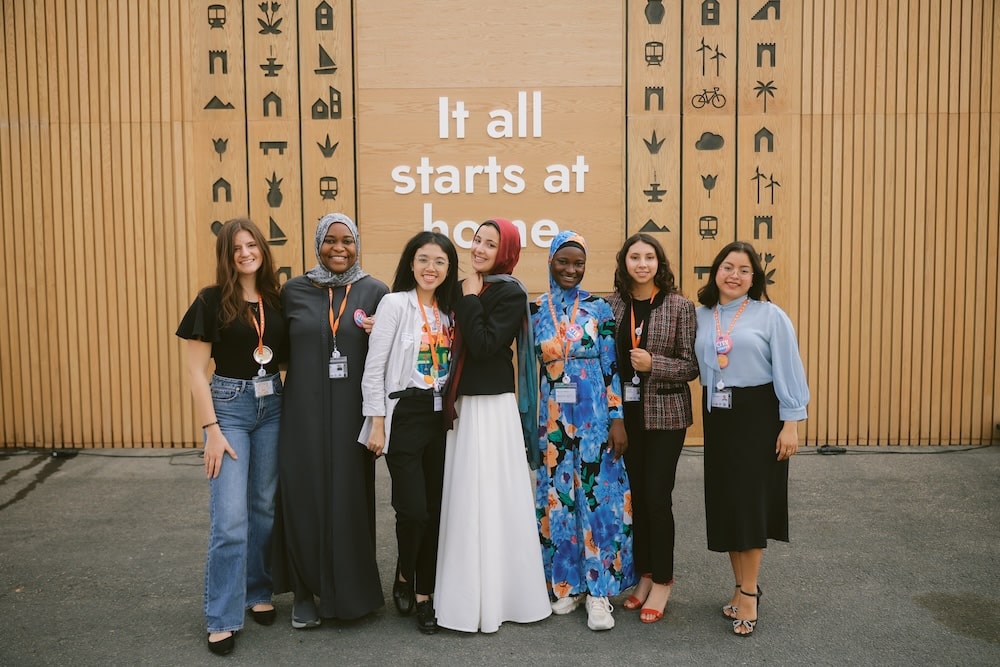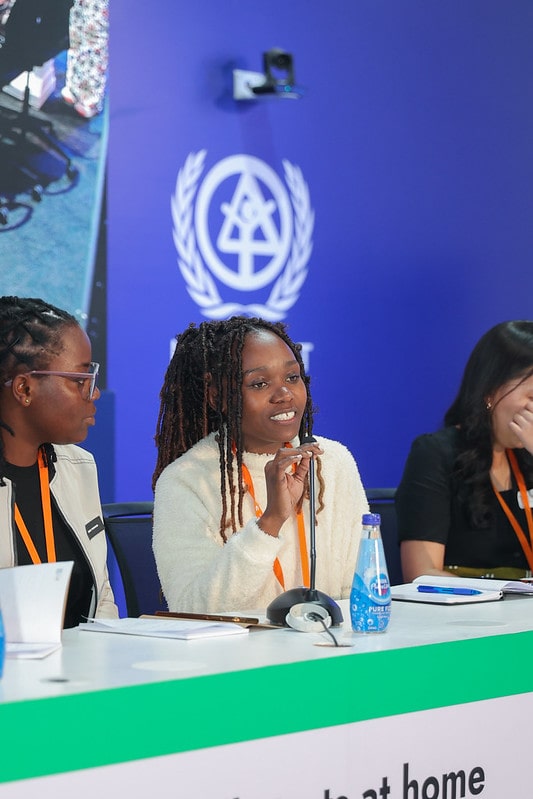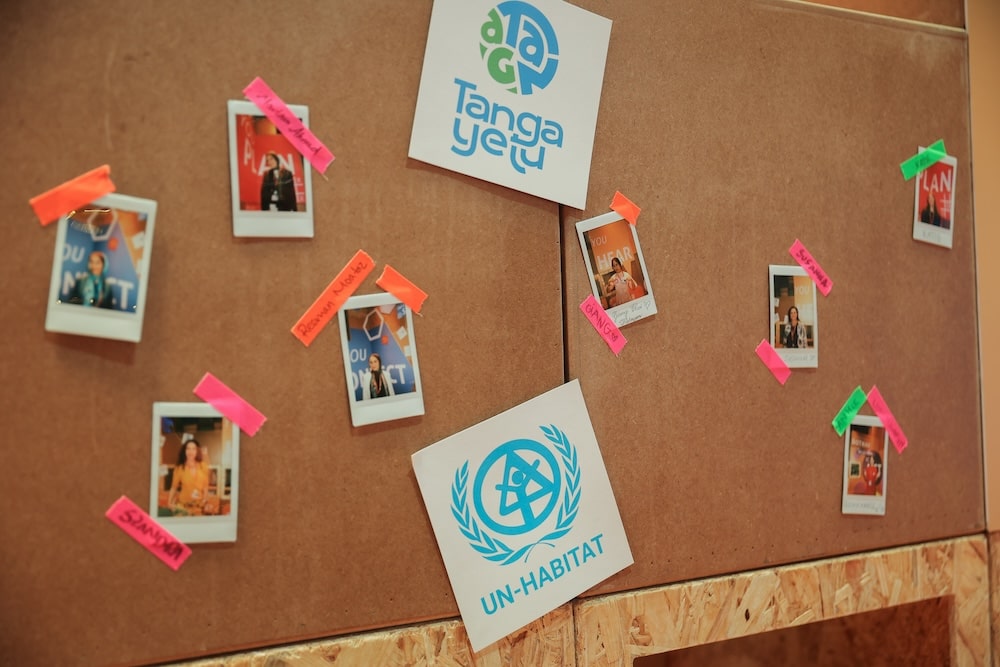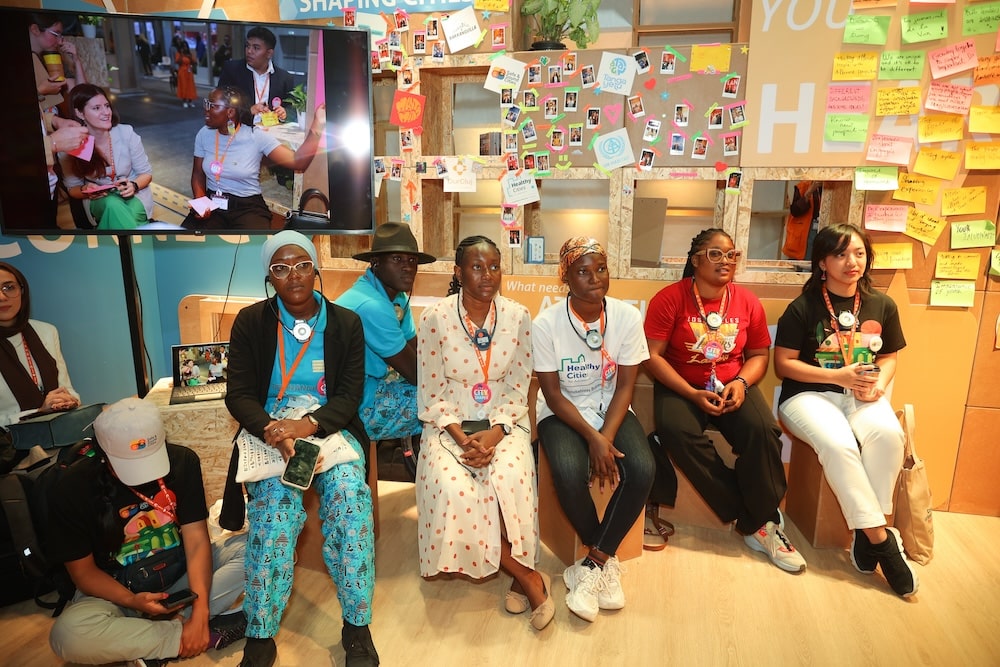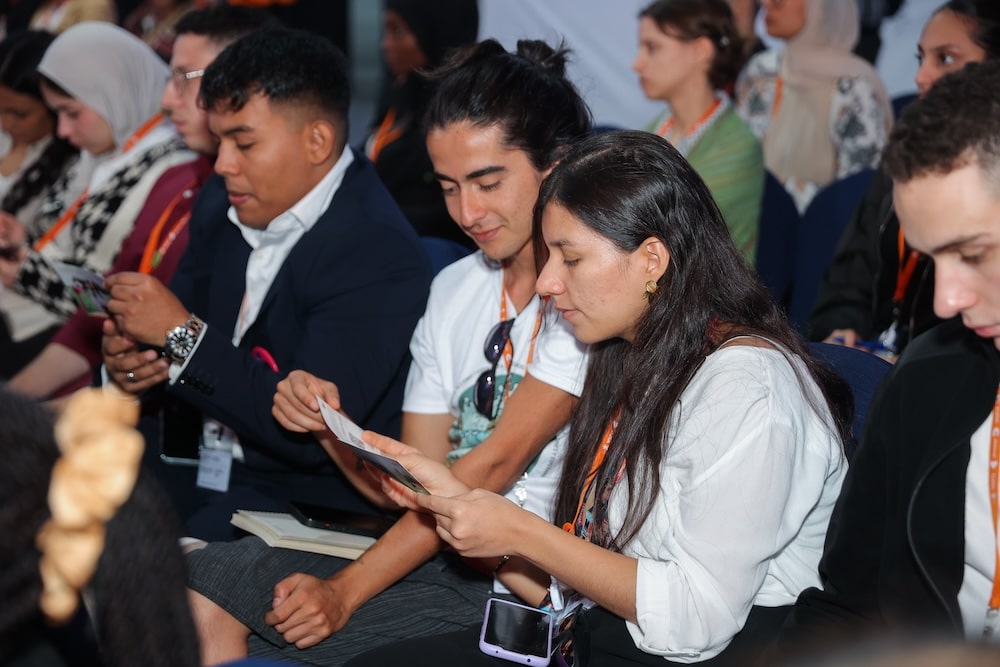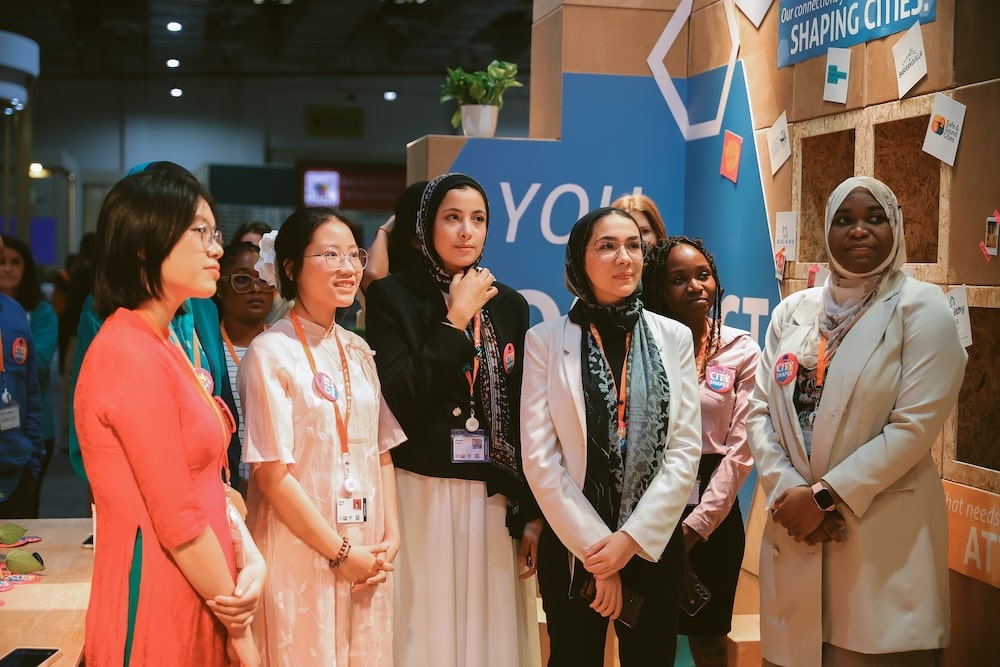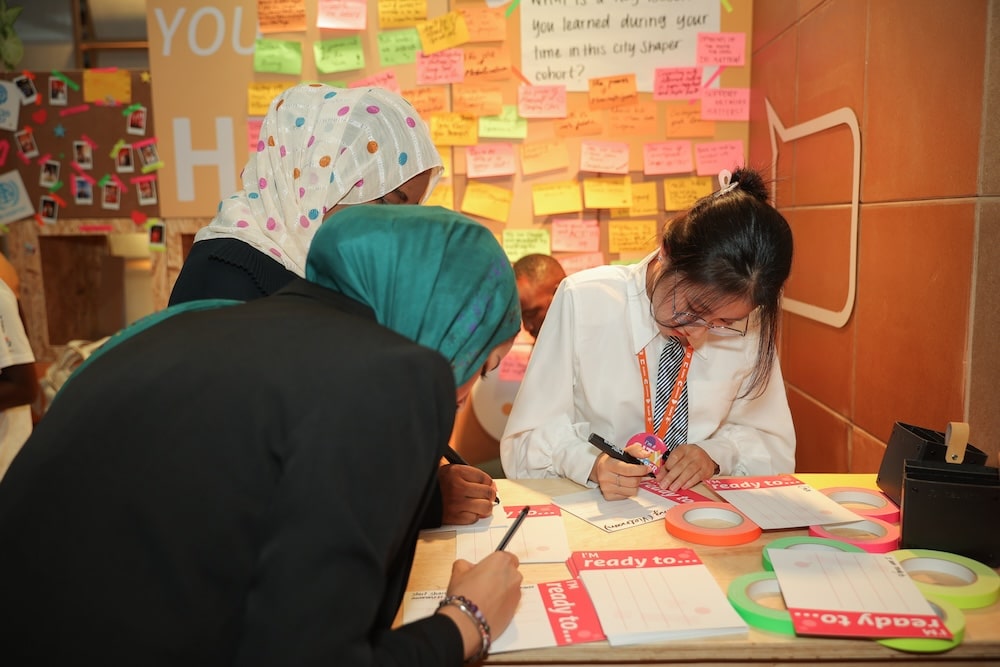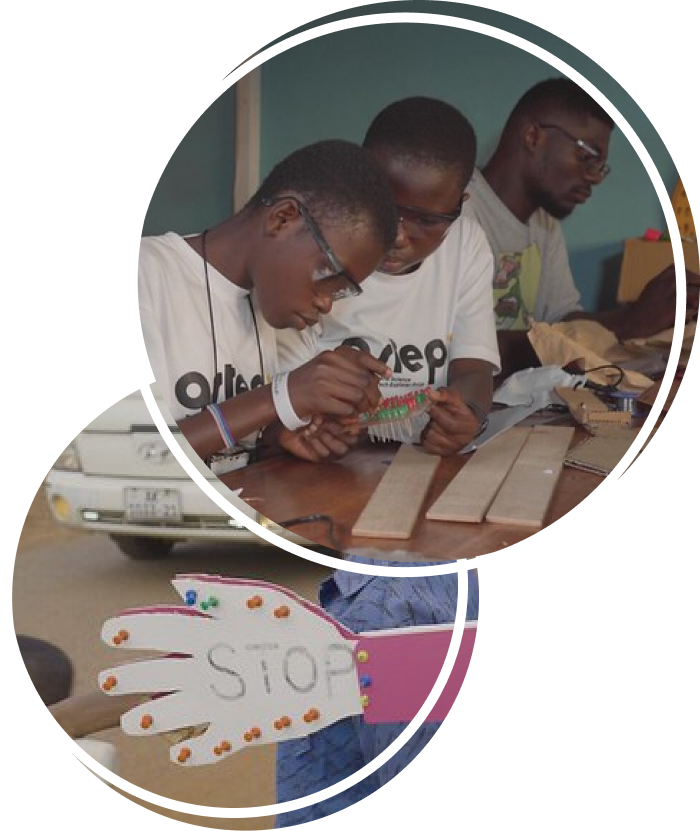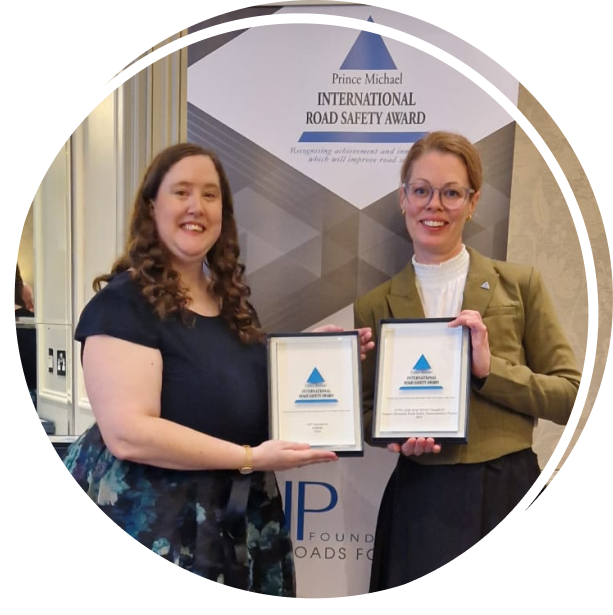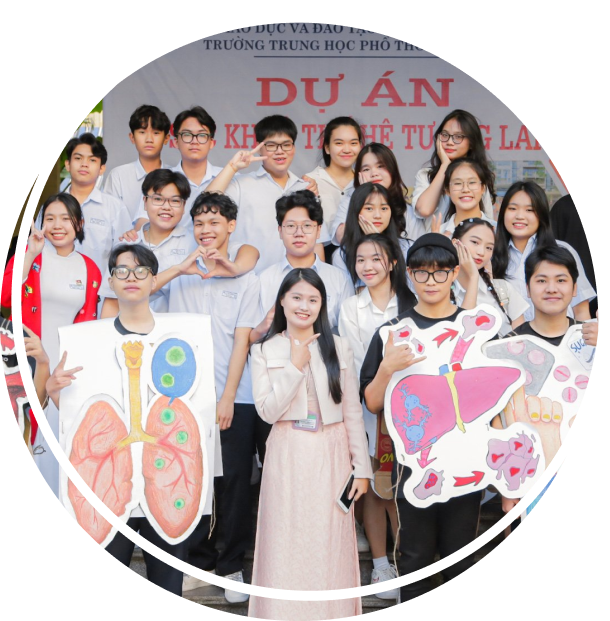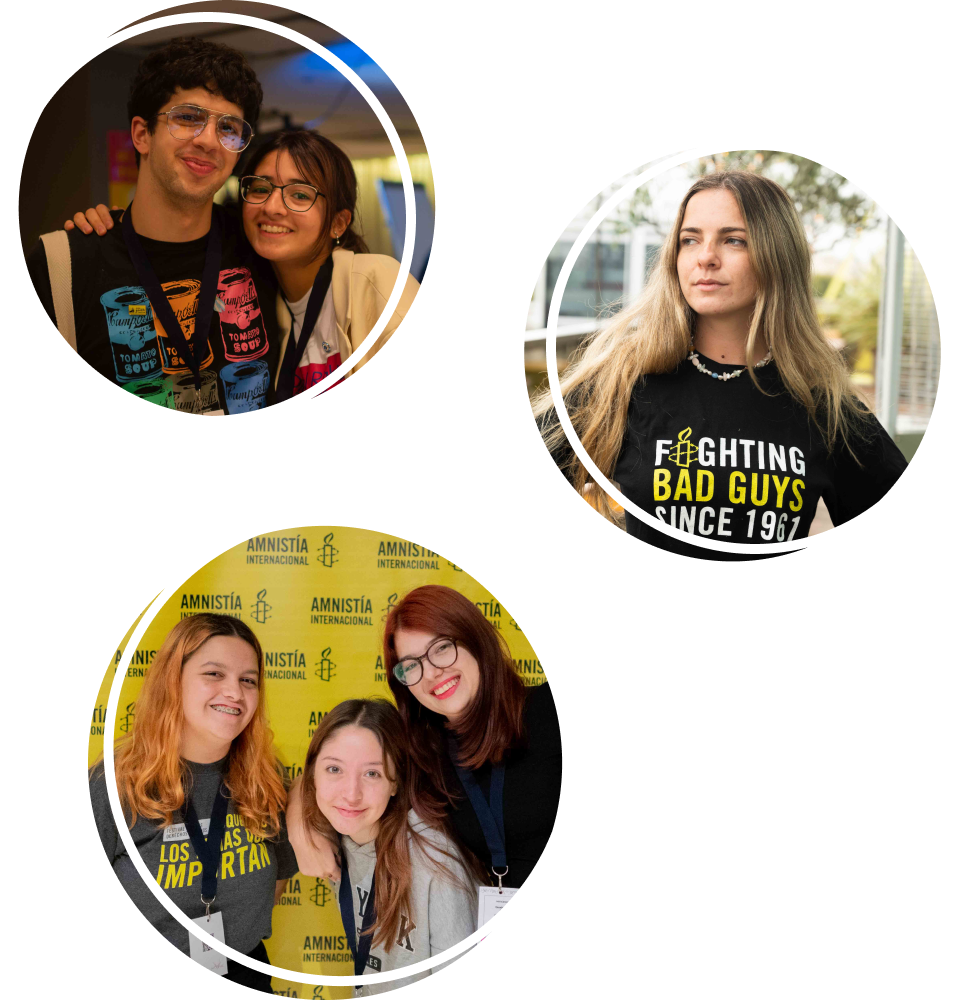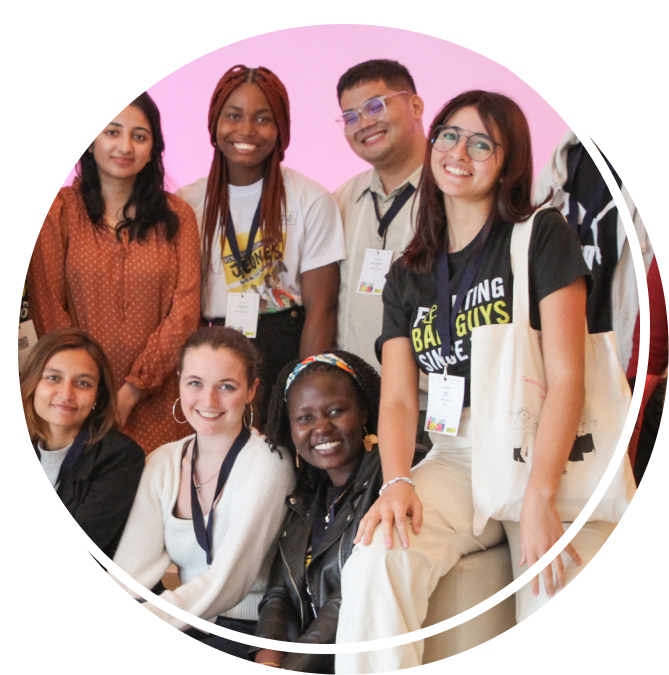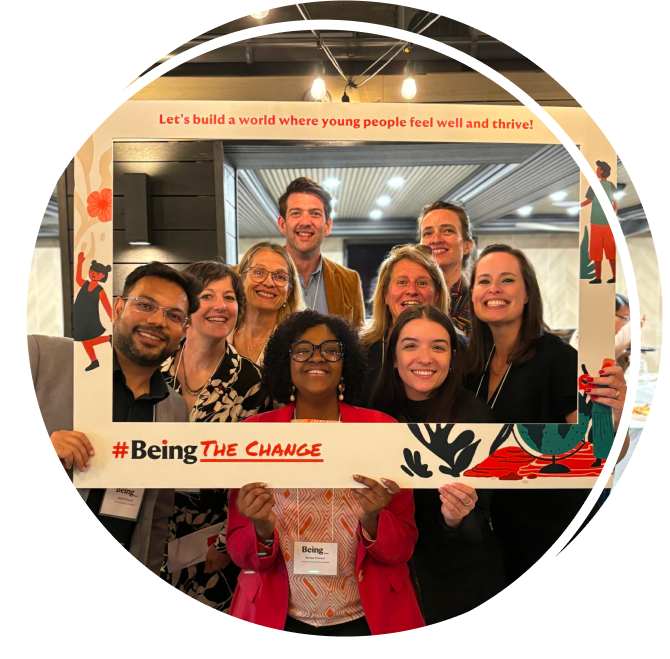Shaping the future of human rights
The Digital Health and Rights Project (DHRP) Consortium brings together international social scientists, human rights lawyers, health advocates, and networks of people living with HIV to conduct research and advocate for rights-based digital governance globally. The Future of Human Rights in the Digital Age project uses a transnational participatory action research approach, centring the voices and leadership of diverse young adults to define the future of human rights in the digital age.
Research for human rights in digital health transformation
Community members participate as researchers, advocates, and decision makers at all levels. Study participants gain digital literacy and youth leadership training, and participate in global and national advocacy to promote human rights in governance of artificial intelligence and technology. DHRP will also launch an online hub with courses and training materials for public use.

Solution
Founded in 2019, the Digital Health and Rights Project (DHRP) is a consortium of social science academics, human rights lawyers, health and youth advocates, and community-led networks.
Building on previous studies, DHRP is conducting three years of transnational participatory action research in low- and middle-income countries to better understand how diverse young adults, including communities impacted by HIV, experience empowerment, surveillance and discrimination online, and the kind of digital literacy and rights they need and want. Working collaboratively with communities in Colombia, Ghana, Kenya and Vietnam, DHRP will help shape the kinds of rights-based digital governance people want for the future.
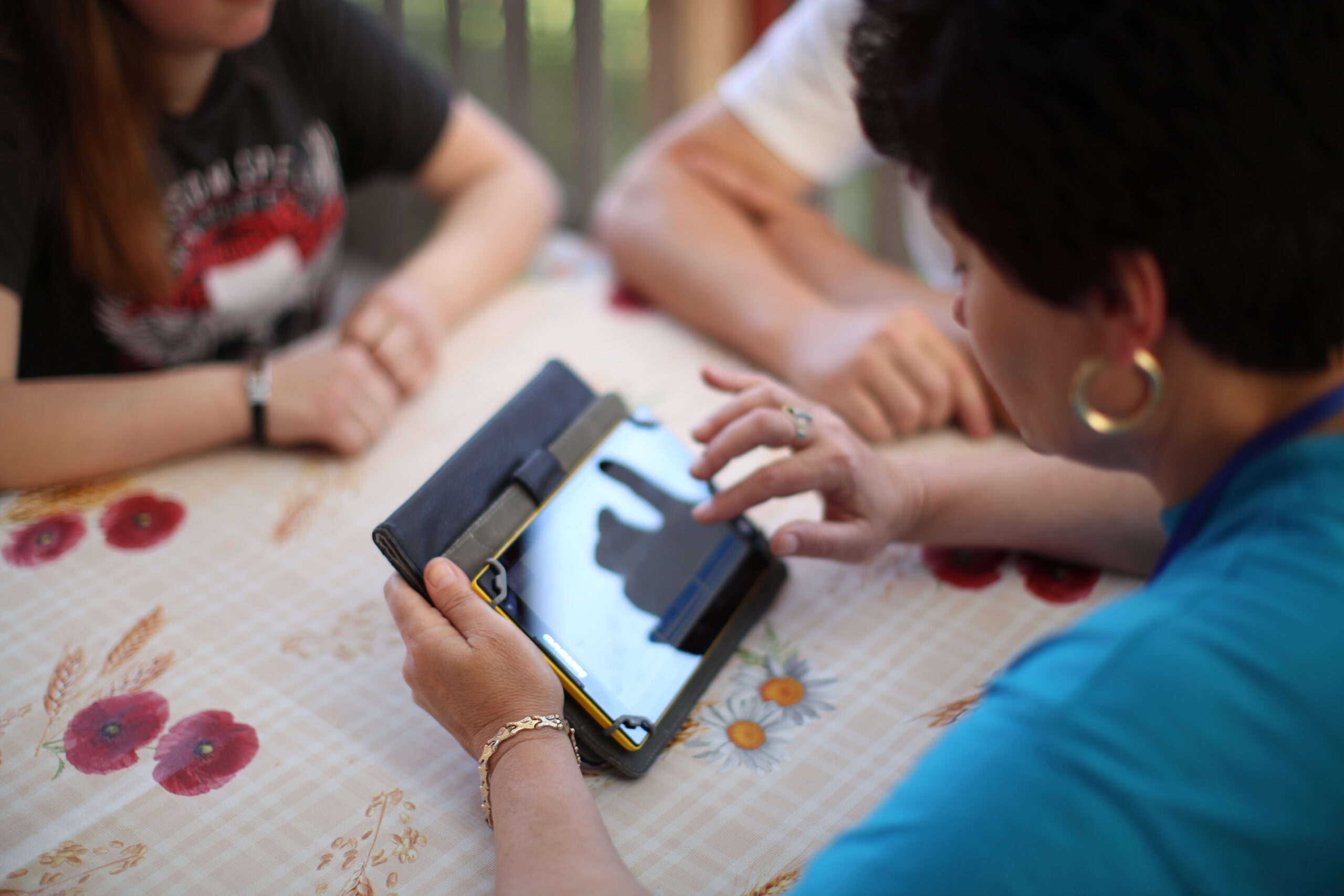
Listening to youth voices
Using a transnational participatory approach, the Digital Health and Rights Project consortium is studying the future of human rights in the digital age, and the role diverse grass-roots communities in low- and middle-income countries play in shaping that future.
In Colombia, Ghana, Kenya and Vietnam, the study is investigating how young adults experience digital governance, what they see as meaningful participation in strategy and policy discussions, and the kind of digital literacy and empowerment training they want to equip them in policy advocacy. The study includes participation by young adults and civil society at all levels of the project, including in the project’s global steering committee.
